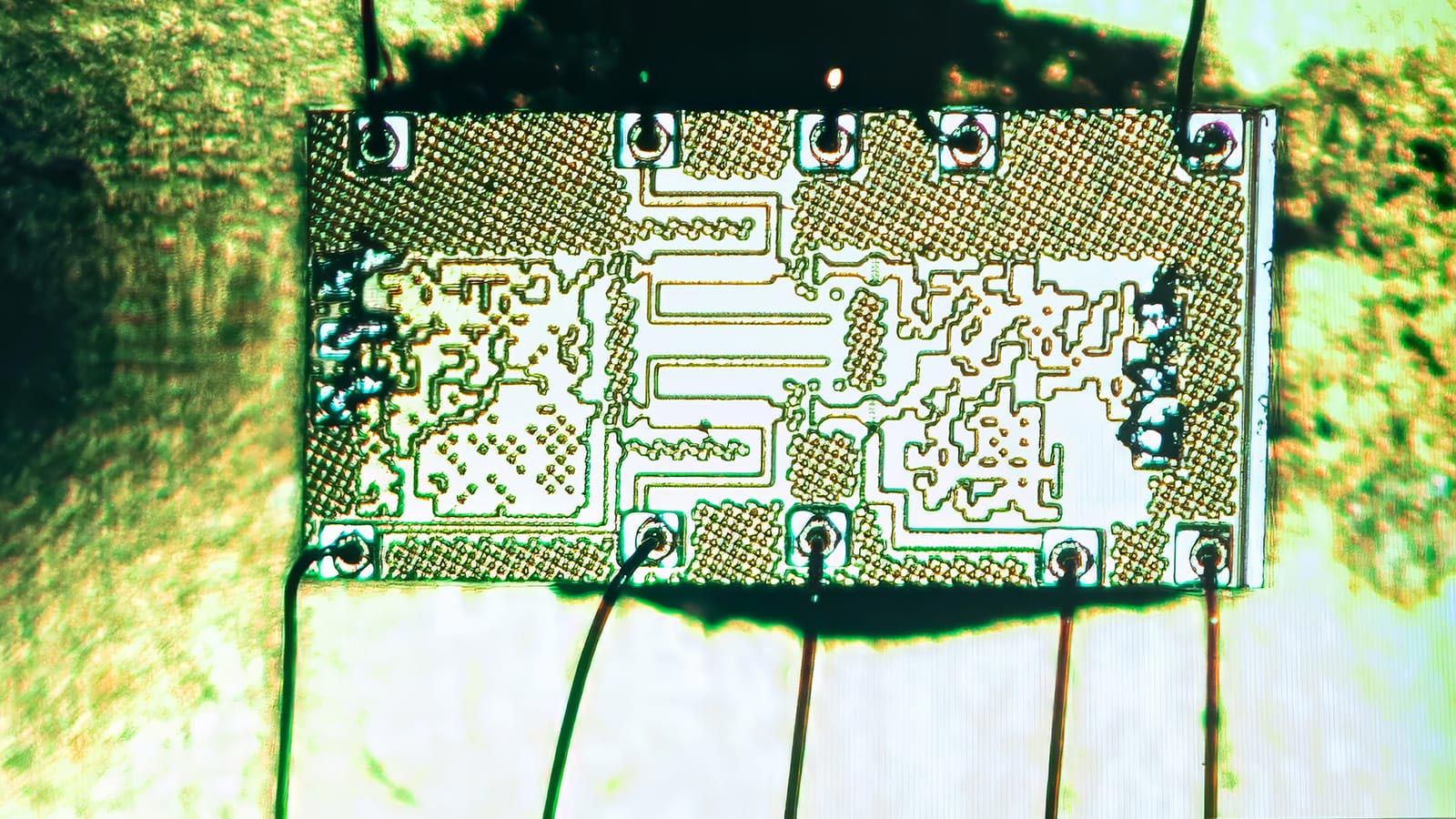Connect with us
Published
2 weeks agoon
By
admin
Artificial intelligence (AI) is transforming wireless chip design, significantly reducing costs and design times from weeks to hours. Researchers from Princeton Engineering and the Indian Institute of Technology have developed an AI system that generates complex electromagnetic structures and circuits, unveiling new possibilities for high-performance wireless technology. These AI-generated designs, while highly efficient, often defy human understanding, leading to unconventional circuitry patterns that outperform traditional designs. The AI synthesizes intricate structures quickly, enabling capabilities such as energy efficiency and broader operational frequency ranges, which were previously unattainable.
Lead researcher Kaushik Sengupta emphasizes that while AI can suggest designs, human oversight remains crucial to correct potential errors. The collaboration between AI and human designers improves productivity and allows for innovation. This AI approach treats the chip as a singularly complex artifact, maximizing the design space far beyond traditional methods. Future research aims to link multiple structures and design complete wireless chips, marking just the beginning of what this technology could achieve in the field of wireless communication and beyond. The groundbreaking study was published in Nature Communications on December 30, 2024, signaling a new frontier in microchip research.


















